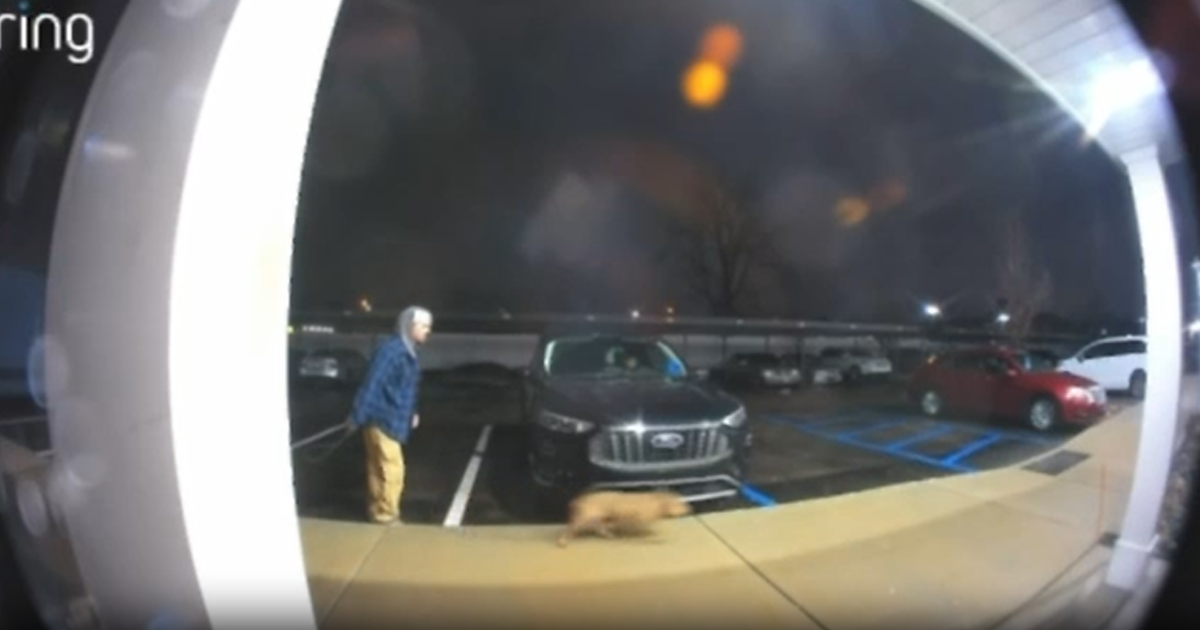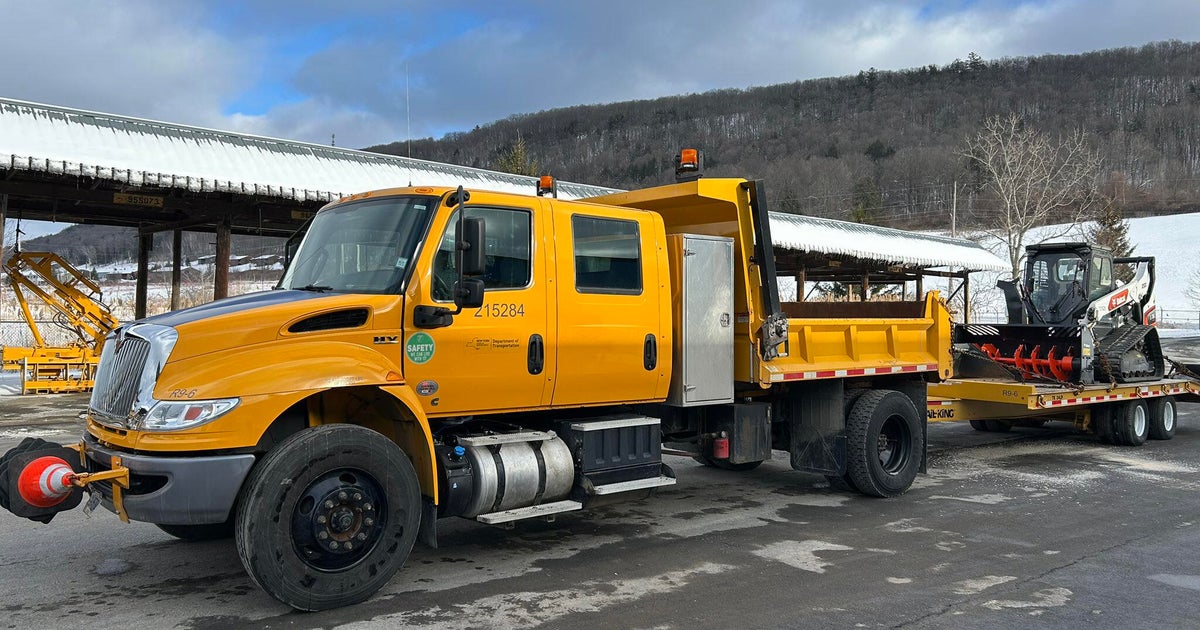How the door-opening robot dog may change the future
The video spectacle of a robot opening a door is causing a stir on social media, with some taking to Twitter to express delight as well as fear about the final days for humans. Yet there's a pragmatic case for the technology, since it could change how businesses operate.
Created by Boston Dynamics, the robot dog is viewed as a sign of the future of robotics, with TechCrunch noting the video suggests "the possibility of an advanced autonomous control system." Boston Dynamics was originally a spinoff of the Massachusetts Institute of Technology, but in 2014 was purchased by Google for an undisclosed amount. Last year, it was sold again to Japanese conglomerate SoftBank. Terms of the latest transaction were also not disclosed.
Carnegie Mellon roboticist Chris Atkeson believes robots will increasingly be used for pragmatic tasks, and said Boston Dynamics will likely be at the forefront of the industry. The robot dog could be programmed to clean streets or work for a package-delivery company, for instance.
The company's door-opening robot "could be very useful for logistics, such as delivering packages from trucks to the door. It could be used for environment cleanup, such as picking up litter," Atkeson told CBS MoneyWatch. "I expect a version with multiple arms (and) possibly with different functions."
Still, some Twitter users compared the robot dog to a similar creature -- although one that is much more menacing -- featured in an episode of "Black Mirror" called "Metalhead." That's no coincidence, since "Black Mirror" creator Charlie Brooker said the episode was inspired by an earlier version of Boston Dynamics' robot dog.
While Softbank's efforts in robotics have yet to produce a hit product or yield much in the way of a financial gain, humanoid robots are certain to have a more receptive audience in Japan, where consumers are already more willing to deal with robots in their daily lives than elsewhere in the world.
"Smart robotics are going to be a key driver of the next stage of the Information Revolution," Softbank Chief Executive Masayoshi Son said in a statement about the acquisition announced in June, and followed the 2012 acquisition of the French company Aldebaram Robotics.
SoftBank's robot Pepper, which is only sold in Japan, can do little else other than sing and respond to simple questions. And Japanese automakers Toyota Motor and Honda Motor have created robots intended to do little else other than to keep people company.
Said Atkeson: "Boston Dynamics is way ahead of other companies in terms of robot physical skill."



